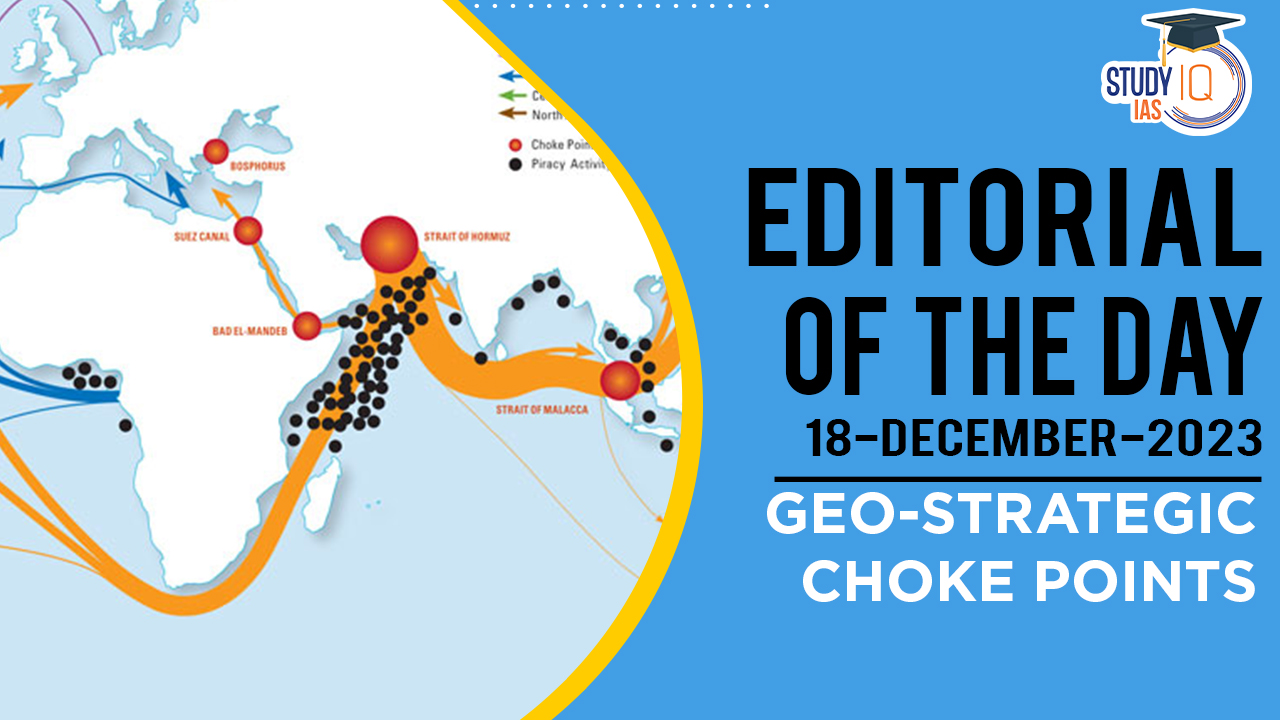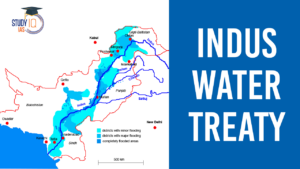Table of Contents
Context: The security challenges in the Red Sea Region i.e. involvement of Hamas (Palestinian-based) and Houthi Militia (Yemen based) will likely have an adverse impact on global trade and Asian economies.
Emerging Threats
- Houthi Aggression: The Yemeni Houthi militia, empowered by Iranian backing, has intensified attacks on commercial vessels in the Red Sea, particularly targeting those perceived as linked to Israel.
- Enhanced Military Capability: The Houthis have significantly upgraded their arsenal, acquiring long-range missiles, torpedoes, and other advanced weaponry.
- Non-State Actor Influence: The growing political and military clout of non-state actors like the Houthis underscores the evolving dynamics of regional security and the need for adaptive strategies.
We’re now on WhatsApp. Click to Join
Escalating Military Presence
- S. Intervention: The United States has deployed advanced military assets, including drones and missiles, in response to the Houthi threat.
- Call for International Cooperation: Recognizing the strategic importance of the Bab al-Mandab Strait, the U.S. has urged the formation of a multinational task force to secure the Red Sea.
Widespread Implications
- Global Trade Disruptions: The Red Sea’s instability directly impacts crucial trade routes, nearly 15% of global trade and impacting economies worldwide.
- Heightened Regional Tensions: The involvement of major powers like the U.S., Saudi Arabia, and Iran exacerbate existing regional tensions.
- Energy Security Risks: The Red Sea’s role as a key oil and gas shipping route makes disruptions a significant threat to energy security, particularly for Asian economies reliant on these imports.
Addressing the Challenges
- Multinational Task Force: Building upon the U.S. initiative, a multinational task force is crucial to secure the Red Sea, particularly strategic choke points like the Bab al-Mandab Strait.
- Balanced Diplomacy: Recognizing the situation’s complexities, diplomatic efforts, similar to the Saudi-Iran détente brokered by China, are essential to de-escalate tensions and find sustainable solutions.
- Enhanced Naval Protection: Emulating India’s Operation Sankalp, other nations should consider bolstering their naval presence to protect commercial shipping and ensure the free flow of trade.
- Acknowledging Non-State Actors: Strategies must adapt to address the growing influence of non-state actors like the Houthis and their impact on regional security dynamics.


 UDAN Scheme, Objectives, Funding and Ach...
UDAN Scheme, Objectives, Funding and Ach...
 Indus Water Treaty 1960 Suspended by Ind...
Indus Water Treaty 1960 Suspended by Ind...
 5 Years of SVAMITVA Scheme and Its Benef...
5 Years of SVAMITVA Scheme and Its Benef...





















